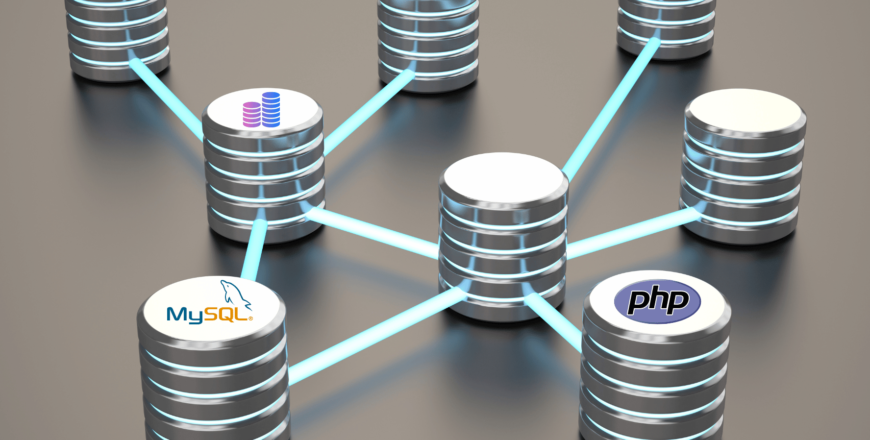Fullstack Development with PHP

The Full Stack Development with PHP course is designed to equip learners with the skills needed to become proficient in both front-end and back-end web development using PHP. From crafting dynamic web pages to managing databases and ensuring a seamless user experience, this course provides a comprehensive understanding of full-stack development.
Why it is Needed:
PHP is a powerful scripting language widely used for web development. Understanding how to integrate PHP into both the front-end and back-end of a website is crucial for building robust, interactive, and scalable web applications. This course fills the need for developers who want to master the complete web development process using PHP.
How This Course Benefits Your Career:
1. Versatility: Full stack developers are highly sought after in the job market. With PHP being a versatile language, this course empowers you to work on both client and server-side development, making you a valuable asset for any web development team.
2. In-Demand Skillset: PHP is a popular choice for web development, especially for dynamic and data-driven websites. Acquiring proficiency in full-stack development with PHP enhances your employability, opening doors to a variety of job opportunities.
3. End-to-End Understanding: This course provides a holistic view of web development, covering everything from designing user interfaces to handling server-side logic and databases. Having an end-to-end understanding makes you more capable of tackling complex projects.
4. Practical Application: Throughout the course, you’ll work on real-world projects, applying the knowledge gained in a practical setting. This hands-on experience is invaluable for building a portfolio and showcasing your abilities to potential employers.
5. Stay Current: The course is designed to incorporate the latest industry trends and best practices in PHP development. Staying current with the latest technologies ensures that you are well-equipped to meet the demands of the rapidly evolving tech landscape.



